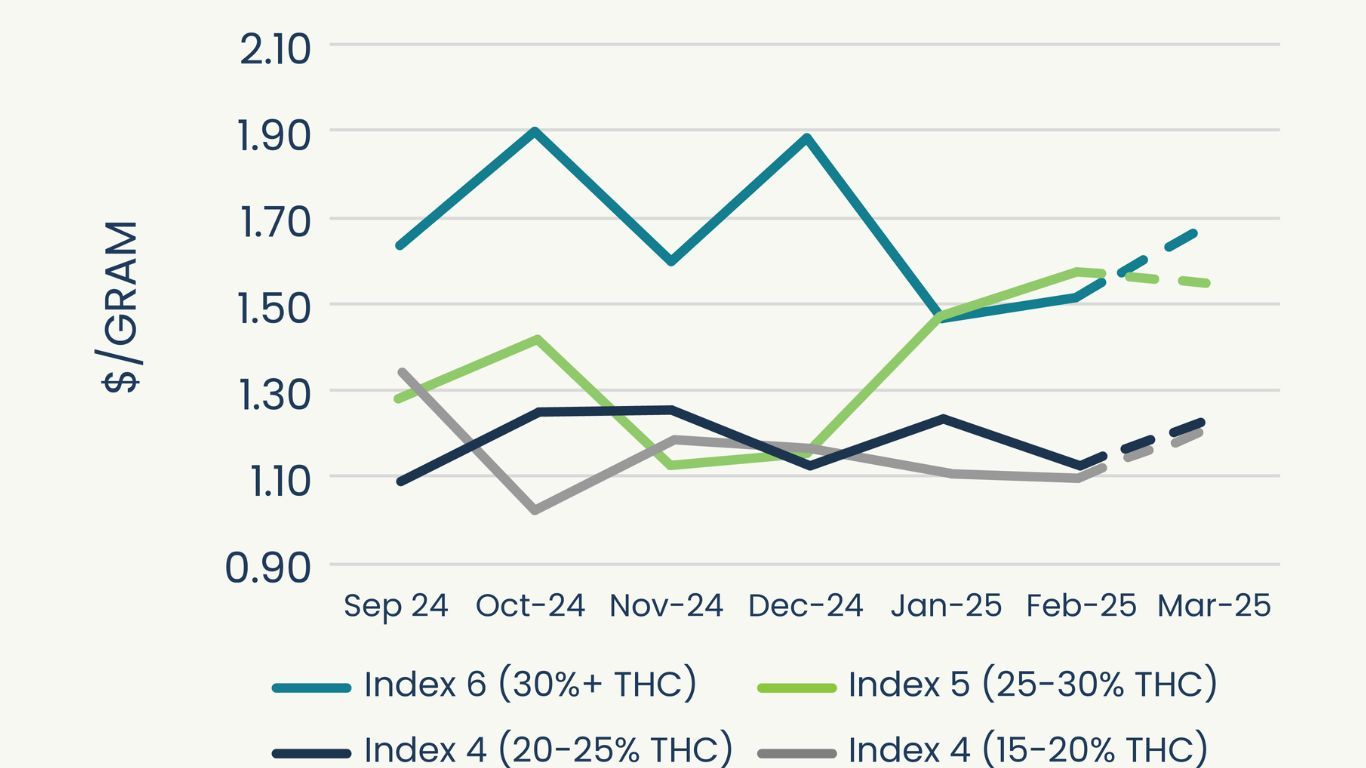
Manitoba Liquor & Lotteries has terminated its retailer agreement with NAC Long Plain Limited Partnership and their retail licence has been cancelled with the Liquor, Gaming and Cannabis Authority of Manitoba (LGCA) as of Thursday, June 3.
The store, a partnership with Meta Cannabis Supply Co., was suspended by the province on May 19 because the Long Plain First Nation, which is the majority owner of NAC Long Plain Limited partnership, also operates a retail store not licensed by the provincial government.
A statement from the LGCA says the provincial regulator had taken steps over the last month to work with the First Nation to operate within Manitoba’s legal cannabis framework.
“Long Plain First Nation’s failure to respond to efforts to collaborate with both organizations, and the continued ongoing sale of unregulated cannabis from an unlicensed store on the First Nation’s Keeshkeemaquah reserve, prompted the agreement termination and licence cancellation today. Selling cannabis that has been manufactured at a facility without a federal production licence poses serious risks to consumer safety,” writes the LGCA in a press release.
“Manitoba owes it to the licensed and regulated cannabis retailers and producers, who’ve made a significant investment in Canada’s burgeoning legal cannabis industry, to deliver safe and regulated products to Manitobans,” said Manny Atwal, President and CEO of Manitoba Liquor & Lotteries.
A representative from the Long Plain First Nation was unavailable for comment. The unlicensed retail store in question is an Indigenous Bloom, a chain of First Nations-affiliated retailers based primarily in British Columbia. A representative from Indigenous Bloom was also unavailable as of press time.
Omar Khan, Senior Vice President – Corporate and Public Affairs of High Tide Inc, that owns Meta Cannabis, clarifies that they are not connected to the unlicensed retail store and are selling their remaining interest in the formerly-licensed store at 420 Madison Street to the Long Plains First Nation, effectively ending their partnership.
“Earlier today we were informed that our licence in Madison, Manitoba which is associated with a limited partnership with Long Plains First Nation had been terminated due to allegations of regulatory non-compliance by unrelated business interests of the majority partner (Long Plains First Nation),” writes Khan in an email to StratCann. “We have no relationship with these outside business interests and all of our stores, including the Madison location, operate in full compliance with all cannabis laws and regulations.
“In fact, the LGCA has previously confirmed that their actions related to this store are as a result of unrelated activities by the majority partner and that this particular store has been in full compliance. We take compliance very seriously and would never do anything to jeopardize our stores or relationships with regulators. We hold all partners to the same standards as ourselves and, as such, are in the process of selling our remaining interest in the partnership to Long Plains First Nation.”
The store was originally a partnership with Long Plain First Nation, the Opaskwayak Cree Nation and National Access Cannabis, which owned the Meta brand. High Tide acquired Meta Growth in 2020. It was the third retail store operated by a First Nations community in Manitoba and one of a handful of such retailers in Canada.
Many First Nations communities in Canada have argued since before legalization that they have a right to manage cannabis businesses in their communities without oversight from provincial or federal regulations. One First Nations cannabis producer in Ontario has recently begun selling to retailers in First Nations communities, including Indigenous Bloom.
In response to a request for comment on enforcement priorities for unlicensed retailers in First Nations communities in Manitoba, the Manitoba RCMP directed StratCann to the Manitoba First Nation Police Service. No comment was available as of press time from the MFNPS.











